Bogor, 29 June 2020 – School of Business IPB University (SB-IPB) is back holding a Business Talk Series
(BTS) seventh edition on Monday (29/6). SB-IPB collaborates with the faculty Human Ecology IPB University (FEMA IPB) have the opportunity to host the Webinar Series fifth held by the Asian Association forConsumer Interest and Marketing (AACIM) in collaboration with the London School of
Public Relations (LSPR), Airlangga University (UNAIR), Ten Institute of Technology November (ITS), STIE Perbanas, and BPKN. This webinar raises the topic “Coping Behavior of Individuals and Families Against
The Covid-19 Pandemic “. Five were invited to this webinar the speakers, namely (1) Ir. Yahya Agung Kuntadi, MM explained about this Quo Vadis The Rational Thinking in Covid19 Pandemic (2) Dr. Ir. Dwi Hastuti, M.Sc talk about shaping the character of HR in the TUNA era (3) Dr. Megawati Simanjuntak, SP, M.Si raised the topic of Strategy Coping Indonesian Families Facing The Covid-19 Pandemic (4) Prof. Dr. Ir. Yosini Deliana, MS explained about the shift Patterns of Consumer Spending during the Pandemic Covid-19; and (5) Dr. Yudha Heryawan Asnawi, MM who closed the webinar session with a discussion related to Social Facts during the Covid-19 Pandemic from an ethical and business point of view.
The webinar was opened by the presenter of the SB IPB undergraduate students namely Neldo and Maria Jacklyn right at 08.30 WIB. The event started by presenting the profile videos of the Business School, FEMA, and AACIM then continued by singing the song Indonesia Raya. After that, the speech by Prof. Dr. Noer Azam Achsani, MS as Dean of SB IPB and Prof. Dr. Ir. Ujang Sumarwan, M.Sc as President of AACIM.
Afterwards, the webinar was taken over by Moderators, namely Hanif and Fitry Primadona. One by one the speaker is given the opportunity for ten minutes to explain their respective material, then continued with a discussion session filled with several questions from the participants on
each session.
Ir. Yahya Agung Kuntadi, MM said that the flow of thoughts possessed by humans can classified into two types namely rational and emotional. Rational thought rests on logic in response to phenomena that are analyzed with a certain process and temporarily arranged the mind emotional rests on feelings that are analyzed quickly and there are no standard rules. Thought rational is needed by humans to make a decision in the midst of such uncertain conditions. This is the case at this time during the Covid-19 pandemic. Furthermore, Dr. Ir. Dwi Hastuti focuses on the psychological impact experienced by the family which also results by the Covid-19 pandemic. “The solution to face the new era is how to create the environment free from stress and try to manage it, stimulate the brain with happy hormones, relaxation with light motor activity, as well as eating good food. Furthermore,it is also important to build positive emotions and create sources of happiness in the family because emotion is the energy to communicate, to spread positive energy around family lifeand society. ” He said. Megawati Simanjuntak SP, M.Si said that the family is the smallest unit that is affected covid-19, mainly from the economic condition or the income side. The changes that occur cause many workers were laid off or laid off. “Based on data from the SEMRU Research Institute There has been an increase in the percentage of poor families in Indonesia due to the Covid-19 pandemic from 8.2% to 15.4%, besides that, family feelings also showed worse results. Therefore, each family must do a coping strategy by limiting expenses and adding stream of income “he said.
Prof. Dr. Ir. Yosini Deliana, MS said that the shift in spending patterns was caused by the economy
who are disturbed by layoffs. “The spending patterns of various types of consumers during this pandemic can be seen from the aspect of income, products purchased, how to shop, and the focus of the goods purchased. Between generations also have their respective preferences. However, there are things that don’t change in the new era, for example there must be experiential value, the desire to get a fair price, and consider the advantages and shortcomings. ” He explained. Meanwhile, Dr. Yudha Heryawan Asnawi said that the virtual market is expanding causing market deconstruction to shift from voluntary exchange become an ambiguity exchange, thus creating a coercive market or “forced market” and power reinforcement that suppresses consumer resilience. Therefore, a rule or
institutions that maintain morals and ethics in business that fulfill three things, namely supporting existence humans, social systems, and the space of live. The webinar ended at 11:30 am with a closing statement from Prof. Ujang Sumarwan as president of AACIM
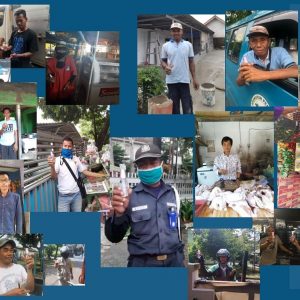
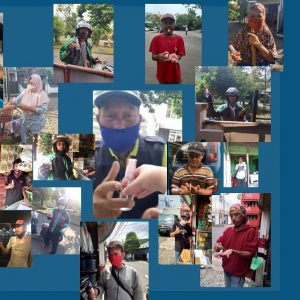

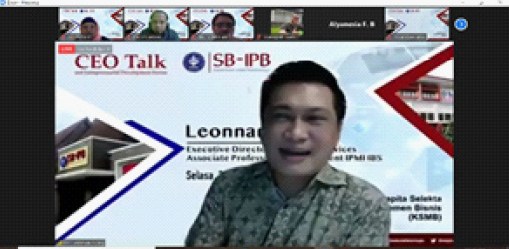
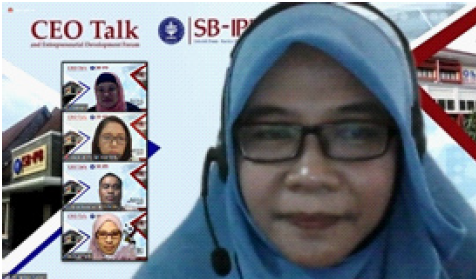
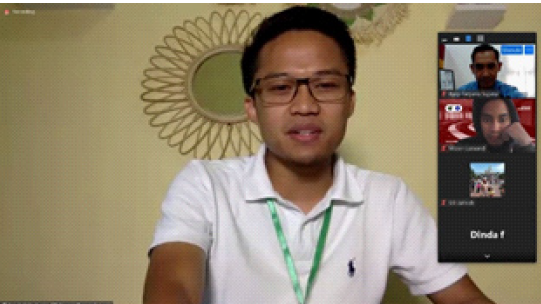
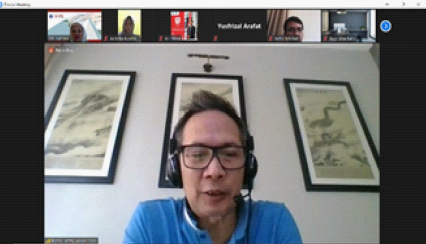
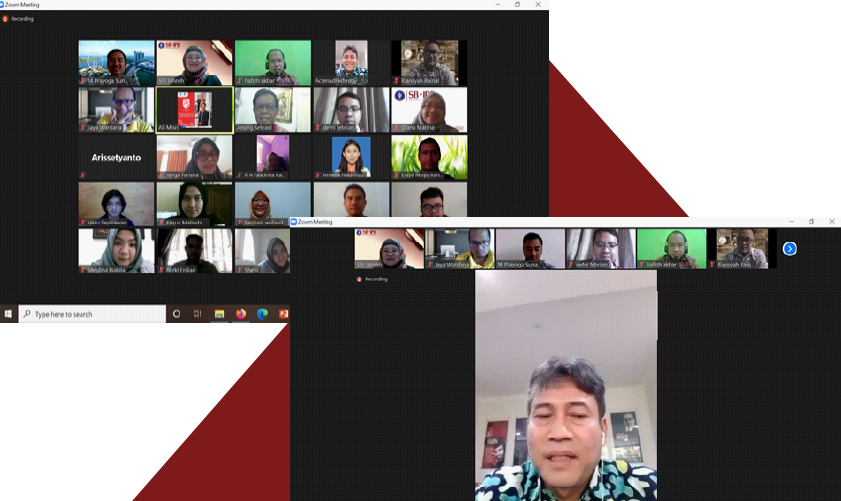
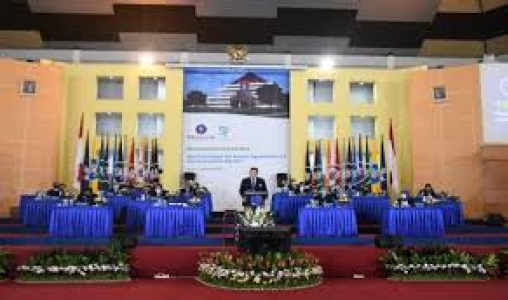
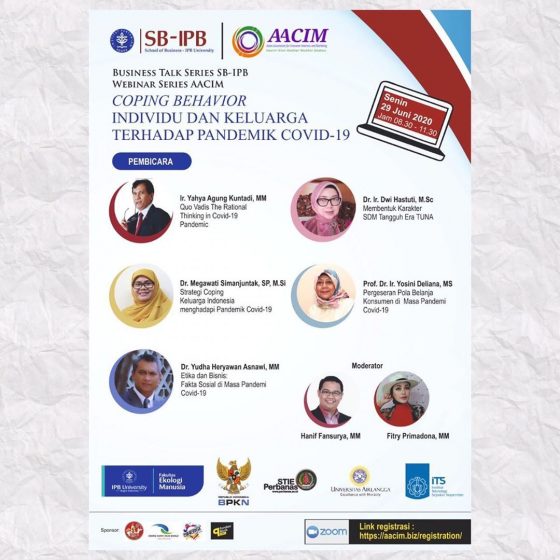
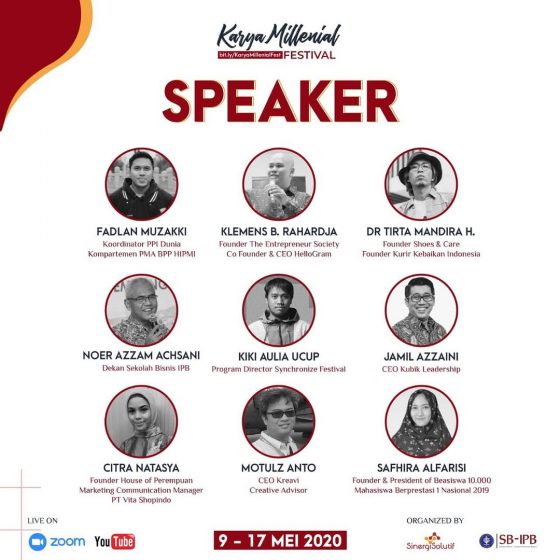
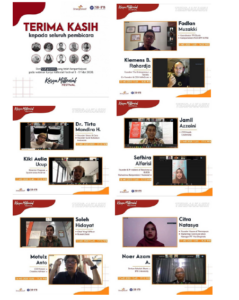
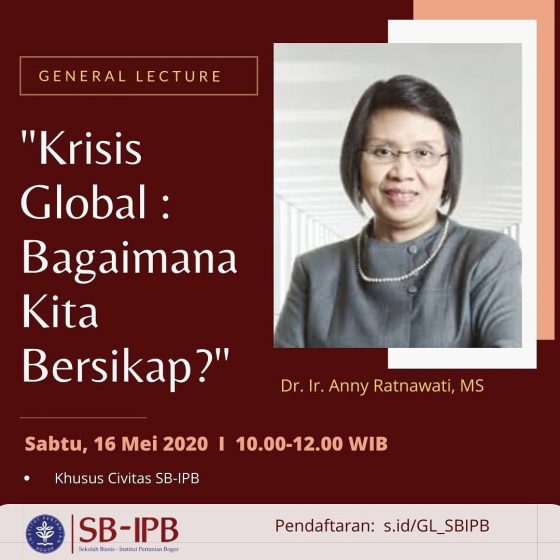





Recent Comments